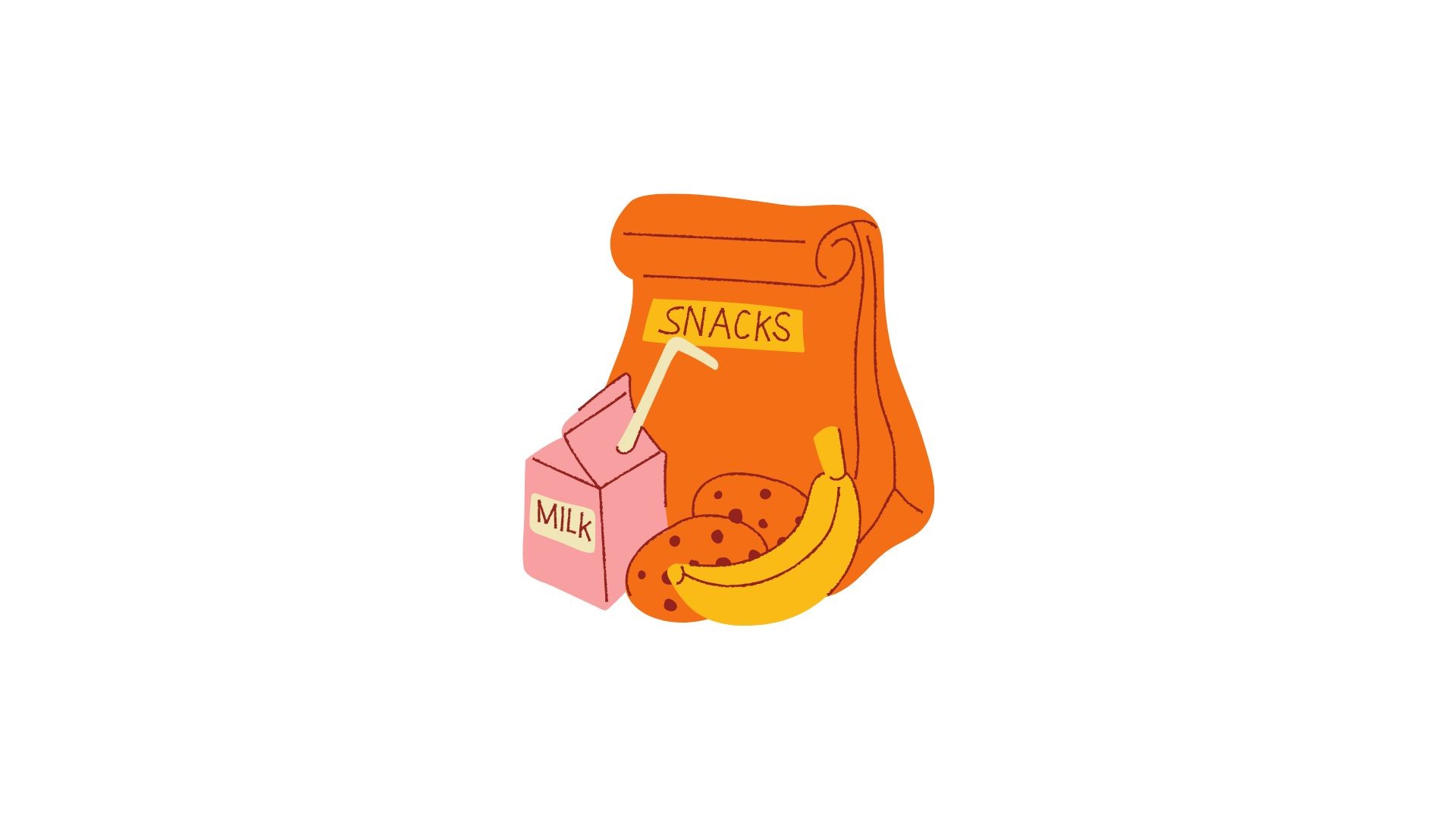Brownies or steaks, crepes or plantain fritters. Have you ever found yourself drawn, irresistibly, to a specific food, even when you aren’t particularly hungry? Yes? Me too. Sure, food cravings are familiar to many of us, but what are the psychological and biological factors that influence our late-night escapades?
Psychology
Psychological and emotional factors play a significant role in food cravings. Many people turn to food as a way to cope with stress, anxiety, boredom, or other emotional states. This "emotional eating" can create strong mental associations between certain foods and emotional relief or comfort, which can lead to stubborn cravings in times of stress (Macht, 2008).
Through repeated associations, we can also develop conditioned responses to certain cues in our environment. For example, if you always eat popcorn at the movies, simply walking into a theater might trigger a popcorn craving, even if you've just had a meal.
Biology
Nutrient deficiency is a primary biological driver of craving When your body lacks certain essential nutrients, it may trigger cravings as a way to encourage you to consume foods rich in those nutrients. Cravings for red meat might indicate an iron deficiency, a hankering for dairy products could signal a need for calcium (Pelchat & Schaefer, 2000).
Another significant biological factor in heightened food cravings relates to inhibited blood sugar regulation. When we consume high-sugar or high-carbohydrate foods, our blood sugar levels spike rapidly, followed by a quick crash. This crash can trigger cravings for more sugary or starchy foods, creating a vicious cycle (Jenkins et al., 1981).
Two hormones play crucial roles in regulating hunger and satiety: ghrelin and leptin. Ghrelin, often called the "hunger hormone," intensifies appetite, and has been shown to increase before meals and decrease after. Leptin, on the other hand, is produced by fat cells and helps signal fullness to the brain (Klok et al., 2007). Imbalances or dysregulation in these hormones can lead to cravings and persistent hunger. For instance, leptin resistance, where the brain becomes less sensitive to leptin's signals, is associated with obesity and can contribute to overeating and food cravings (Myers et al., 2010).
However, it's important to note that cravings don't always accurately reflect our body's needs. Our modern food environment, with its abundance of easily accessible processed and delicious foods, can hijack these natural signals, leading to cravings that are more about pleasure than nutrition (Corsica & Spring, 2008).
Strategies:
Eating nutritional, balanced meals with protein, fiber, complex carbohydrates, and healthy fats can help stabilize blood sugar and keep a “full” feeling longer. Make sure to accommodate for any nutrient deficiencies you may have! I recommend paying attention to your food, eating slowly, and savoring each bite, which I have found to increase satisfaction even with less.
~ Nutrient-dense snacks
My choices:
Apple slices with almond butter
Greek yogurt with fruits and nuts/granola
Stay hydrated as sometimes dehydration can be understood as hunger.
Sleep tight and right at night to increase hormone stability; poor sleep can disrupt hormone balance.
Manage stress proactively and productively, such as through meditation, exercise, rest, and communication.
Cut back with moderation as quitting “cold turkey” can backfire and cause further stress. Sometimes, the occasional rest can help with the overall journey.


